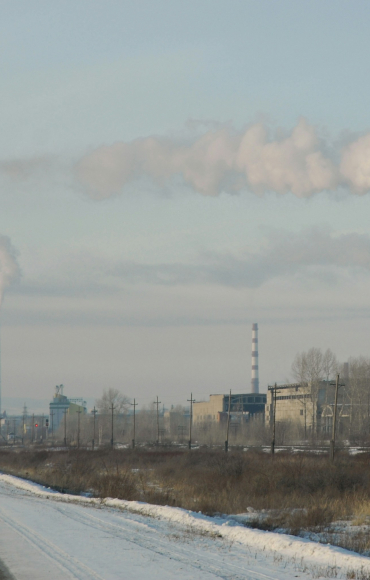
The Poison of Prishtina That Makes Every Breath a Struggle
The Poison of Prishtina That Makes Every Breath a Struggle A winter morning in Prishtina often begins under a heavy, grey sky, where the air feels thick and each breath reminds you of the...
Balkan Green Foundation was part of the panel discussion held on the success and challenges of Kosovo towards developing its first National Energy and Climate Plan (NECP), within the framework of Kosovo Sustainable Development Week. The event was held under the moderation of Balkan Green Foundation’s Programmes and Operations Manager, Rinora Gojani.
The panel included representatives from the economic field, Ministry of Economy and Environment, Kosovo’s Parliament, Energy Community, and Balkan Green Foundation.
The agenda unveiled discussions on NECP development challenges, NECP outputs, implementation Requirements, and impact on Energy Transition and NECP alignment with Green Deal.
During the discussion, BGF’s project manager Besfort Kosova unveiled the experience of civil society engagement in supporting national institutions in developing strategy documents, and the level of cooperation and transparency between civil society and institutions in these processes.
He marks “Compared to other forms of drafts, documents and strategic papers, the NECP was more directly engaging of inputs of external stakeholders as it is in our mandate as CSOs to protect and to defend the interest of society. Unfortunately, in Kosovo when the government drafts the documents and strategies, the civil society is engaged at a later stage and not at the drafting stage. This, however, did not happen with the drafting of the NECP and we had the opportunity concretely give our notes and remarks and also our propositions and recommendations”
However, he also states “A challenge that we, Balkan Green Foundation, face constantly in Kosovo, as a CSO that in its mission has to build trust and ensure transparency is that the government is changing frequently, the agendas are changing frequently and the general political situation is unstable and policies change very often so this is very challenging.”
The panel ended on a note that the general political landscape should offer more stability and form a schematic decision-making process that is inclusive of all stakeholders in order to ensure all-round and more encompassing policies to advance the vision towards sustainable development.
To watch the full discussion, click here.